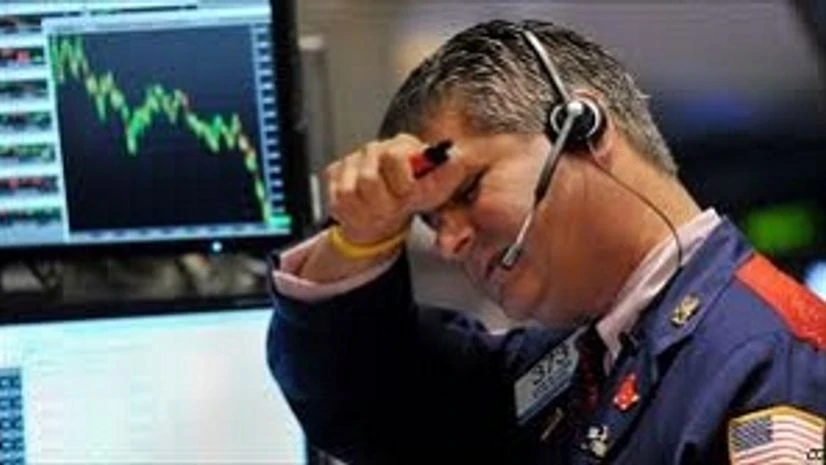US stocks bucked the global trend and fell on Tuesday while the dollar rallied as investors questioned how much longer the Federal Reserve will maintain its stimulus program that has bolstered the nascent US economic recovery.
A minor lull in the week's busy schedule of central bank meetings and US data initially offered a break from recent sharp moves. But as European markets wound down, the dollar surrendered some gains against major currencies and US stock indices moved sharply lower.
Intraday market swings have increased in recent weeks as minutes from the central bank's most recent meeting and testimony from Chairman Ben Bernanke to Congress heightened concerns the Fed may reduce its bond-buying program sooner than expected.
Also Read
Investors were already holding off making big bets until Friday's US non-farm payrolls report shows the employment situation, the key factor for the Fed's decision on monetary policy. Without a major data driver other than Monday's US factory activity, there was even less incentive to trade.
Kansas City Federal Reserve Bank President Esther George again urged the Fed to ease off its aggressive bond purchases. George has been a steady critic of the program and has voted against it at every Fed meeting so far this year.
"For the last week, there's been an uneasy nervousness," said Michael James, managing director of equity trading at Wedbush Securities in Los Angeles. "There are some concerns about the Fed's tapering, whether it is or isn't going to happen."
The Dow Jones industrial average ended down 76.49 points, or 0.50 %, at 15,177.54. The Standard & Poor's 500 Index was down 9.04 points, or 0.55 %, at 1,631.38. The Nasdaq Composite Index was down 20.11 points, or 0.58%, at 3,445.26.
Some analysts were pointing to technical factors to say the US stock market, with the S&P 500 up more than 15% so far this year, was not as strong as it looks even before it began to swoon.
"The market has taken on kind of a heavy feel to it. Clearly the 50-day moving average around 1,600 seems to have almost magnetic qualities," said Mark Luschini, chief investment strategist at Janney Montgomery Scott in Philadelphia.
European stocks were off the peaks of the day but closed 0.3% higher, snapping a two-day losing streak that had left them at their lowest level since early May.
MSCI's world share index, which tracks stocks in 45 countries, rose 0.15% on gains in Asia and Europe.
ECB MEETING
With investors also keeping positions tight ahead of the European Central Bank and Bank of England monthly meetings on Thursday, German Bund futures dipped and peripheral euro zone debt edged up.
A 10-month rally in euro zone debt has waned in recent weeks as talk of a cut in Fed stimulus has pushed up yields.
The benchmark 10-year US Treasury note yield rose to 2.148%.
After the volatility of recent days caused by an escalation of political tensions, Turkish shares and the lira regained ground. That meant that most of the bigger moves of the day were once again on Asian stock markets.
Japan's Nikkei rose 2%, its biggest one-day rise in three weeks as currency swings amplified moves ahead of Wednesday's announcement from Prime Minister Shinzo Abe on the third leg of his "Abenomics" stimulus strategy.
The Nikkei was at a 5-1/2-year peak and up more than 50% on the year until two weeks ago but has since lost 15 % as doubts about the $1.4 trillion stimulus drive have crept in.
Abe's latest changes are likely to center on economic reforms, but sources told Reuters the government could also include steps urging Japan's public pension funds to boost their investment in equities and overseas.
"We are right at the start of a multi-year process probably," said Grant Lewis, a Daiwa Securities economist in London.
The dollar gained 0.5% against the yen but was off the session high. The euro was up 0.1% against the dollar.
Australian shares rose 0.3% and the Aussie dollar dropped 1.3% after the country's central bank left interest rates unchanged, as expected, but said there was some scope for further easing.
The firmer US dollar also pushed the kiwi dollar lower.
Gold fell around 1% on Tuesday, extending losses on demand worries after the world's largest bullion consumer India further restricted imports of the precious metal.

)
